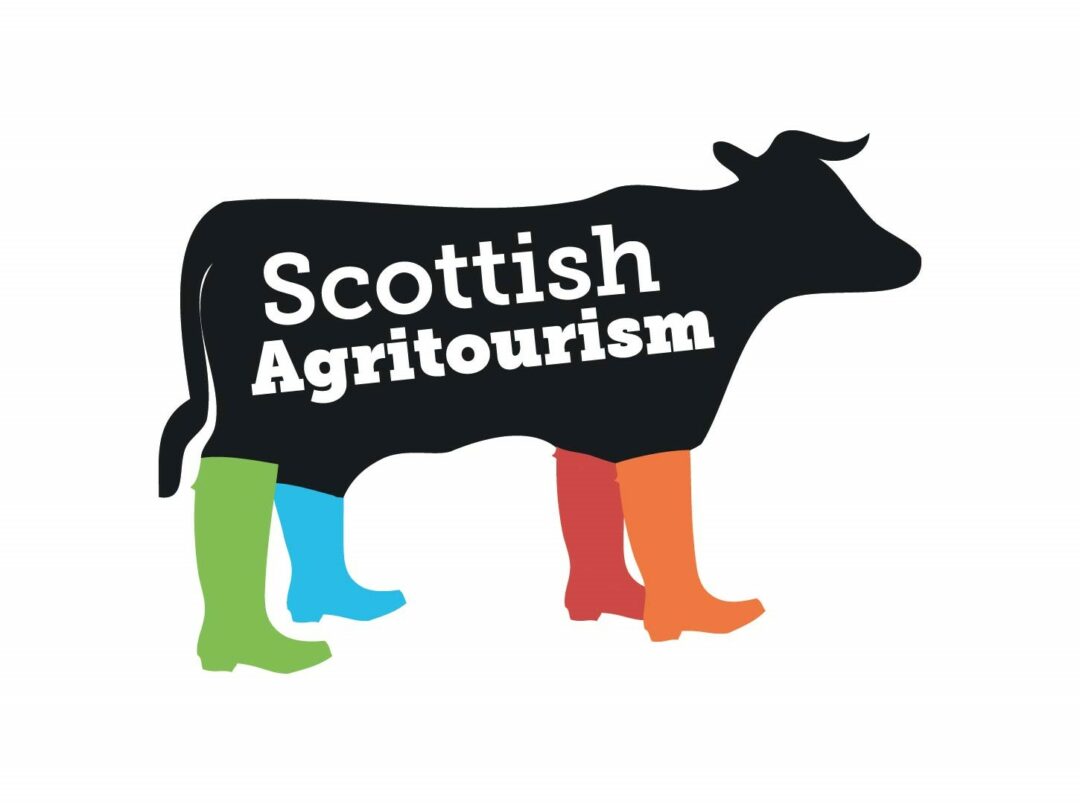CALL FOR NOMINATIONS! BBC SCOTLAND TV SERIES IS ON THE SEARCH FOR ‘SCOTLAND’S GREATEST ESCAPE
BBC Scotland has announced a new 8 part series which will take audiences on a journey to the very best escapes that Scotland has to offer and ultimately crown one as Scotland’s Greatest Escape. The production team are now putting a call out to the public to nominate what holiday experience they think is worthy of the title with businesses also welcome to apply.
Across the series a wide variety of holiday styles and destinations available across Scotland will be showcased. With the emphasis on exceptionality and not luxury, all budgets will be catered for. From wellness retreats to adrenalin fuelled activity breaks, romantic getaways to family fun, each episode will showcase the top three destinations in their category and be road-tested by a family or group of friends with a passion for that particular holiday style. They will spend one night at each of the shortlisted destinations and be tasked to judge five specific elements of their stay. The holiday with the highest score goes forward to the grand final.
Once all finalists are selected, an industry panel, featuring some of Scotland’s most experienced and renowned hospitality and tourism experts, will judge against strict industry standards. They will deliberate which of the finalists is most deserving of the award and present the title at the grand final which will be filmed at a prestigious Scottish location.
Scotland’s Greatest Escape will be produced by Red Sky Productions for the BBC Scotland channel and BBC iPlayer. It will broadcast in 2023.
Commenting on the series, head of commissioning at BBC Scotland Louise Thornton says: “We all know Scotland is famous as being one of the best countries in the world for tourism but this series will take viewers on a different journey of discovery and will shine a light on some of Scotland’s hidden holiday gems. We can’t wait to be inspired by what it reveals.”
Jane Rogerson from Red Sky Productions adds: “We are so excited to be making this series and can’t wait to welcome in nominations. We want to celebrate what Scotland has to offer across the board in terms of holidays from customer service to budget, facilities to accessibility and we can’t wait to get out there and get started.”
If you would like to nominate a holiday business or if you are a business and would like to apply please go to Scotland’s Greatest Escape, where you will find details along with terms and conditions.
Closing date for nominations is Wednesday 10 August and closing date for applications is Monday 15 August 2022.
Aspirational Property Series – Channel 4
Have you unexpectedly inherited a property, which you have lovingly renovated and restored to rent or hire out?
If so, Channel 4 would love to hear from you.
They are currently looking for aspirational properties and locations in the U.K, for a brand-new Channel 4 primetime television series, which will explore the narrative of family history and property inheritance.
Please email caroline.rowland@crackitproductions.co.uk 07958 721732




